I’ve been thinking about the emotional energy we exchange in our conversations and how this energy affects our relationships. That cause and effect reminded me of something I read in a book by Susan Scott called Fierce Conversations: “The conversation is not ABOUT the relationship. The conversation IS the relationship.”
That was such an ‘aha!’ moment for me. When we get hung up on what we’re talking about, we miss that the engagement itself is the relationship, and that these conversations affect the flow of how we relate, how we understand, and how we connect with each other.
Scott describes how our conversations transfer positive or negative emotional energy using the illustration of a speedboat creating a wake. Every conversation creates an emotional wake, a flow of positive or negative emotional energy. Afterward, we feel something, which Scott calls “afterglow, aftermath, or aftertaste.” While we may not always connect those feelings with that conversation, we carry these feelings into other interactions.
So, how do we enrich our relationships through our conversations, sharing positive energy, even when the conversation is about a difficult or touchy subject? This begins with reminding ourselves, regularly, that the conversation is the relationship. As we apply that idea, it naturally causes us to take responsibility for the emotional energy we’re transferring. Here are three tools that have helped me with that habit, and I know they will help you too.
The first tool is to practice the conversation before the conversation. Because it’s so easy to be misunderstood and unintentionally hurtful, especially when there’s upset or confusion, it helps to have a conversation with ourselves before we have a conversation with someone else. For me, that begins with asking, “How am I enriching this relationship?” and following that up with “How can I do so with this conversation?” Every conversation will have a crossroads, a point at which everyone is better, someone is better, or no one is better, because of that conversation. When I take responsibility for helping everyone in the conversation be better, I am more aware how that conversation is helping or hurting the relationship.
That awareness is the next tool to create that positive wake. It asks the questions, “What am I really saying to the other person?” and “What are they really wanting to say to me?” These questions cause us to listen with more intention, shifting our focus to include both what we’re wanting in the conversation and what the other person wants or needs. In unpacking this idea, Scott refers back to the speedboat. The pilot should mind their speed, not because they don’t have the right to pilot the boat where they please, but because their speed will affect other boats. If we speed through a No Wake Zone, we may cause damage, and when we speed through a conversation without intentional awareness, we may transfer negative emotional energy.
Third, when we take responsibility for the emotional wake in our conversations, we learn to stop making loaded statements. These include blaming, name calling, assigning labels, sarcasm, exaggerations like “this ruins everything,” or accusations such as “you always do that” or “you’re saying this, but what you really mean is…”
When we avoid these loaded statements and, instead, use connective, inviting language that shows a desire to understand and appreciate the other person, we create a positive flow of energy, even in the midst of a difficult conversation. This positive wake will continue to ripple out, flowing between that conversation and the next, building the foundation for better, healthier relationships.
A version of this article was originally published in the April 2021 issue of Sandpoint Living Local / Coeur d’Alene Living Local.
“Once she labeled me”
Have you ever found yourself so angry with a friend or colleague, so shocked at what they said or what they did, that you wondered if your relationship could survive? Ginny found herself there after an ugly argument with an old friend. Her story, shared...
Pushing Through Most People’s #1 Fear
Pushing Through Most People’s #1 Fear How to respond when that voice inside whispers we’re not good enough Recently, a friend interviewed a successful marketing company CEO named Tomo about how he got his start as a writer and marketer. During the...
Dreams Are Not Fulfilled in a Vacuum
Dreams Are Not Fulfilled in a Vacuum The shift from doing our work to living our dream often involves connecting with the best in others My friend sat across from me, and I could tell she had something on her mind. I waited, watching this...
Everything Rises and Falls on Leadership
In the modern classic Disney film, Remember the Titans, one of the most pivotal scenes involves two talented, influential rivals coming to loggerheads over who is responsible for spreading toxicity on their team. When team captain Gerry Bertier confronts...
Do the Thing and Then You’ll Get the Energy
Do the Thing and Then You’ll Get the Energy Rediscover your purpose and motivation by releasing the kinetic power of strategic tension Recently, it’s been a struggle to find my motivation to get out and do things, even things I love to do. Based on some...
Planting seeds of transformation
Planting seeds of transformationTo experience real, powerful growth, I have to begin with myself In the song, Revolution, John Lennon pushes back against the idea that important growth only happens after people join larger movements. Revolution begins,...


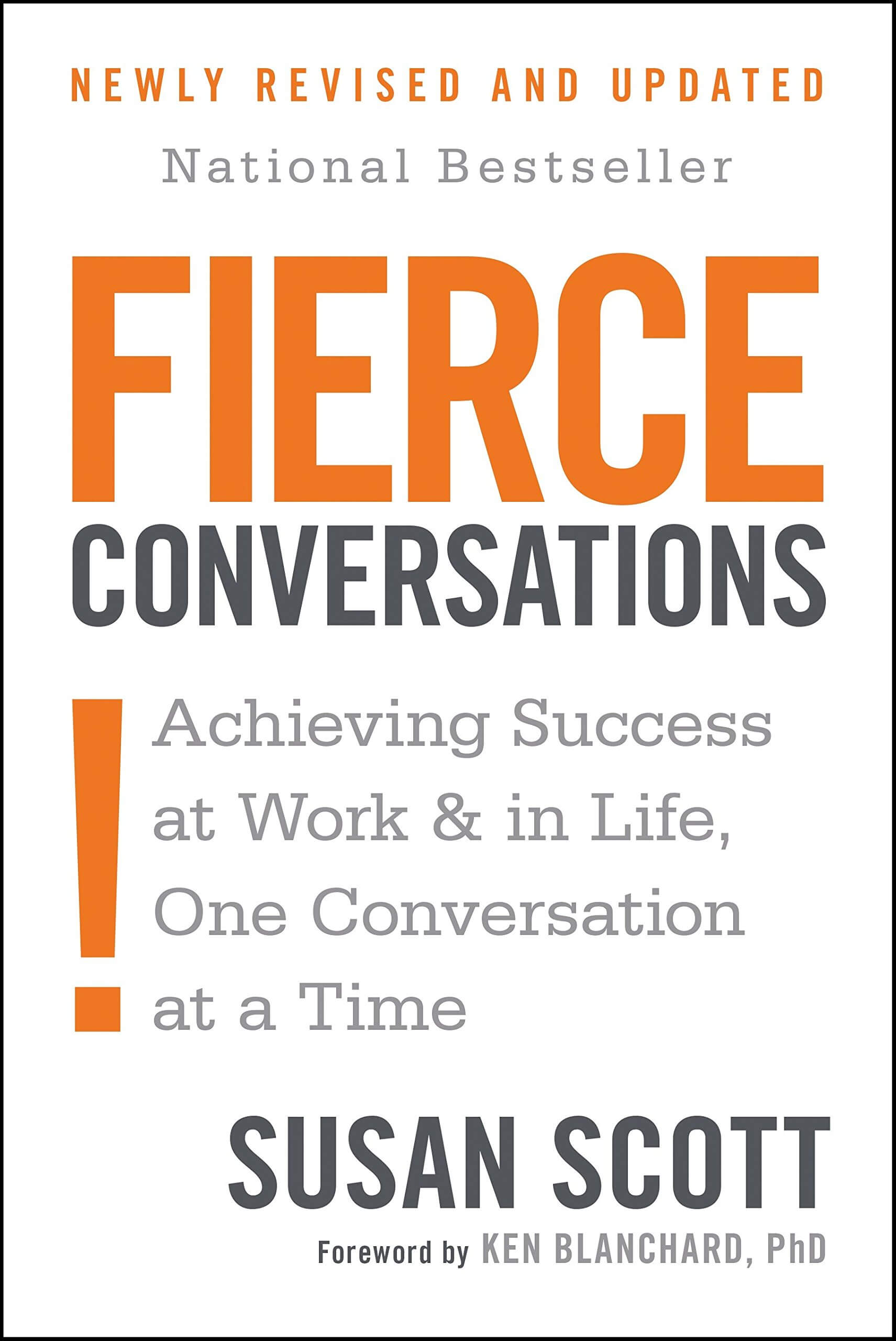
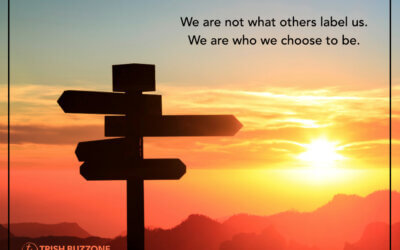

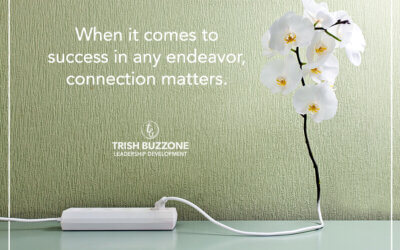
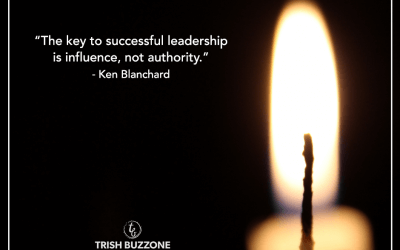
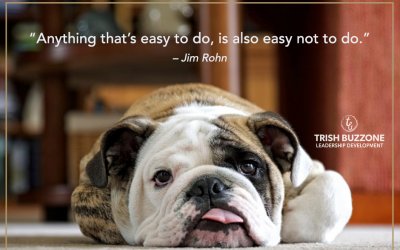
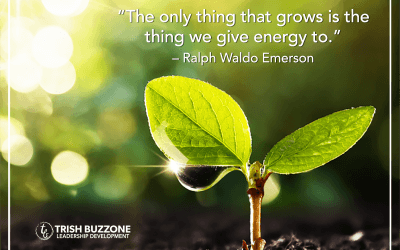
0 Comments